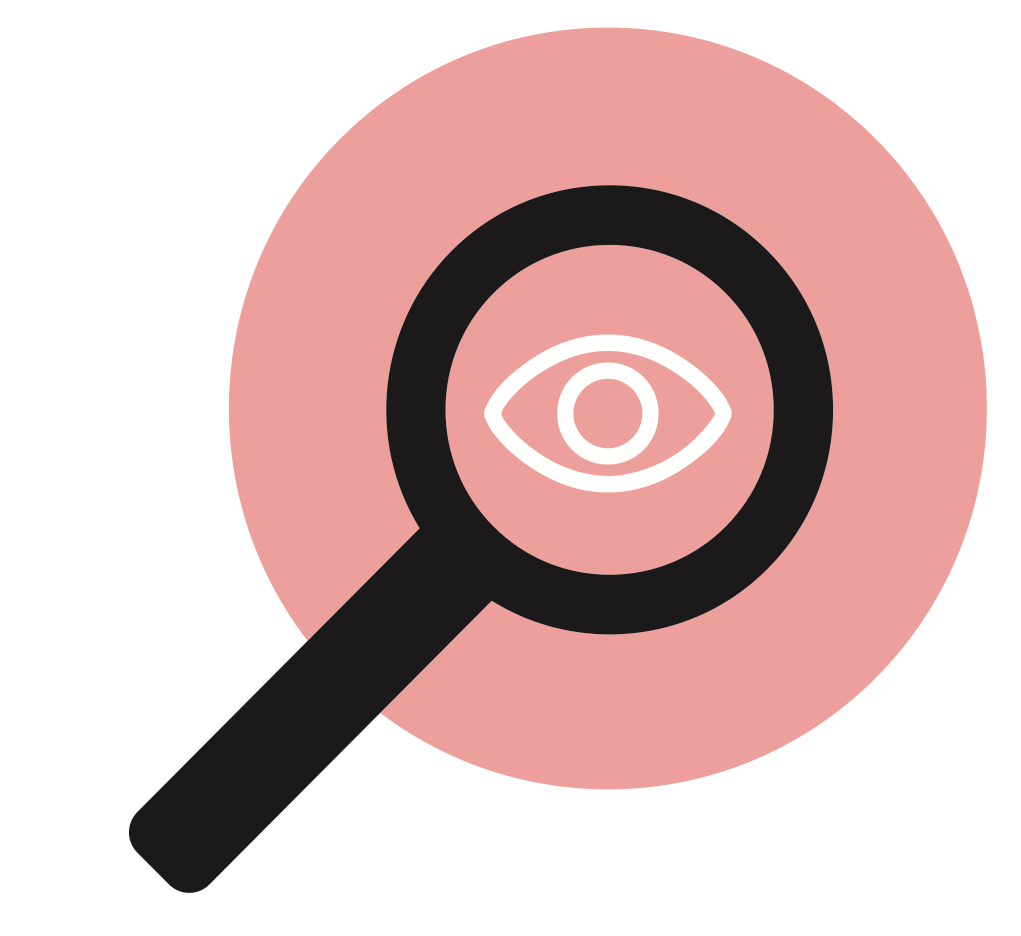Exploring how we developed from childhood
Previous / Next
The Self
Part 20 - Exploring how we developed from childhood
Below are some tools with which to explore who we are and how we interpret things. These ideas can help us work out how we relate to the world at large and the people around us. They can also flag up some of the changes we may need to make in order to improve our experience of life – and to keep things real.